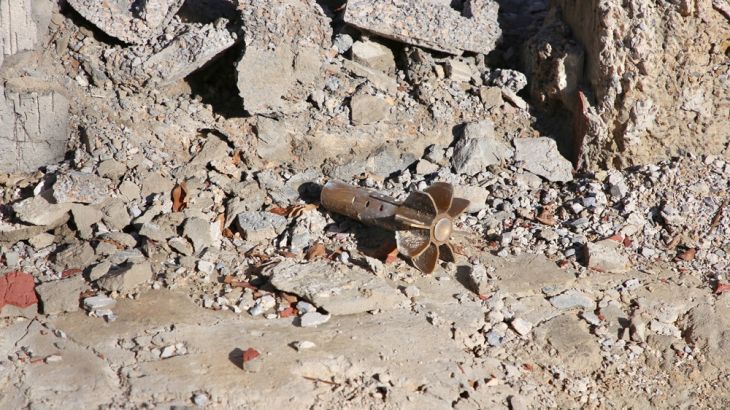
How is outside intervention shaping Libya’s future?
The civil war in Libya is a global affair and many countries are involved on both sides as the battle intensifies.
Libya‘s renegade military commander Khalifa Haftar is pushing on with his efforts to capture the capital Tripoli.
The city is in the west, where the UN-recognised government of Prime Minister Fayez al-Sarraj is based.
Keep reading
list of 4 itemsCIA chief visits Libya after Lockerbie suspect handover
Libya: Violence to Votes
In Libya, anger and uncertainty after polls delayed
Haftar has the support of a rival government in the east.
Libya’s been divided since Muammar Gaddafi was deposed and killed in 2011.
It’s more than eight months since Haftar launched his offensive against Tripoli and his forces have now reached the centre of Sirte 450km (280 miles) away.
The strategically important city lies close to Libya’s so-called oil crescent where several key export terminals are located.
The advance on Tripoli comes as Turkey has begun deploying troops to support the western government, which also the backing of Qatar, Italy and most Western countries.
Haftar gets help from Egypt, the United Arab Emirates and France, and private security forces from Russia are also reportedly fighting alongside him.
In this episode, we discuss the consequences of outside intervention in war-torn Libya.
Presenter: Hashem Ahelbarra
Guests
Youcef Bouandel – Professor of political science and international relations at Qatar University
Naim Ghariani – Member of the Tripoli-based House of Representatives and a former minister of higher education in the first transitional government of Libya from 2011-2012.
Claudia Gazzini – Senior Libya analyst at the International Crisis Group